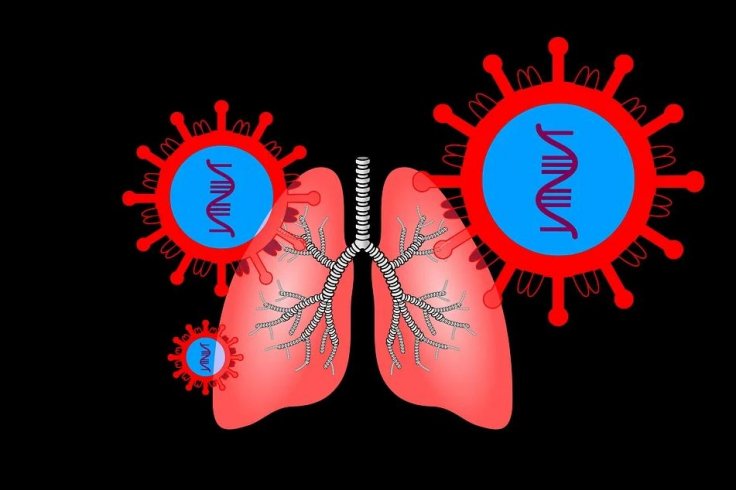As the number of coronavirus cases across the world rises drastically, the need for testing novel and experimental drugs against the disease has become crucial and the Temple University Hospital in Pennsylvania has begun trial on a COVID-19 patient using an antibody, Gimsilumab.
The trial, known as 'BREATHE', will evaluate the impact of intravenous administration of the antibody and its effect on the mortality of patients with COVID-19 and acute respiratory distress syndrome (ARDS). Gimsilumab targets a protein known as Granulocyte macrophage-colony stimulating factor (GM-CSF) that is said to play a vital role in lung inflammation among those suffering from the coronavirus.
"GM-CSF-targeted immunomodulation to address the aberrant host immune response in COVID-19 appears promising for reducing lung injury and death in this aggressive illness," said Dr. Mandeep Mehra, Professor of Medicine at Harvard Medical School and William Harvey Distinguished Chair in Advanced Cardiovascular Medicine at Brigham and Women's Hospital., said in a statement.

Lung damage in COVID-19 patients
Overactive immune responses are experienced by a significant population of COVID-19 patients. These responses include the dysregulation of cytokines (chemicals that regulate the immune system) and increased infiltration of the lungs by inflammatory myeloid cells (a class of cells that play an important role in immune response). These actions cause acute lung damage or Acute respiratory distress syndrome (ARDS) and increase the chances of mortality.
Role of GM-CSF in lung damage
GM-CSF— a protein associated with the inflammatory and immune response of the body—is believed to act as a key driver in the hyper-inflammation of the lungs. Previous research on animal models for SARS-CoV-1, which causes Severe acute respiratory syndrome (SARS), have provided evidence that GM-CSF adds to the immunopathology triggered by the infection among patients at or with the risk of suffering ARDS.
New data from COVID-19 patients in China also indicate that it is similar even in the case of the infection caused by the SARS-CoV-2 virus. "Emerging evidence suggests that GM-CSF may contribute to clinical worsening in COVID-19," said Dr. Gerard J. Criner, the principal investigator of the study at Temple University Hospital.

Gimsilumab action against GM-CSF
Gimsilumab is a completely human monoclonal antibody that targets GM-CSF. Monoclonal antibodies are derived from immune cells that are clones of an isolated parent cell. Gimsilumab has been evaluated as a potential treatment for cancer and several inflammatory diseases.
The antibody has seen testing in numerous non-clinical studies, as well as two earlier clinical studies. This includes a 4-week Phase 1 study conducted with healthy volunteers who finished dosing in February this year. The data collected to date suggest that the study displayed a promising tolerance and safety profile.

Expansion of the trial
The multi-site clinical trial is sponsored by Roivant Sciences, a Switzerland-based pharmaceutical company. It is set to accept up to 270 patients confirmed to have COVID-19 and clinically proven to have ARDS or severe lung damage. The study will be a randomized, adaptive, placebo-controlled and double-blind one.
The primary endpoint will be the occurrence of death by Day 43. Other secondary endpoints comprise the duration of in-patient hospitalization, the number of days spent in the intensive care unit, and the frequency and duration of ventilation used during the course of the study.









